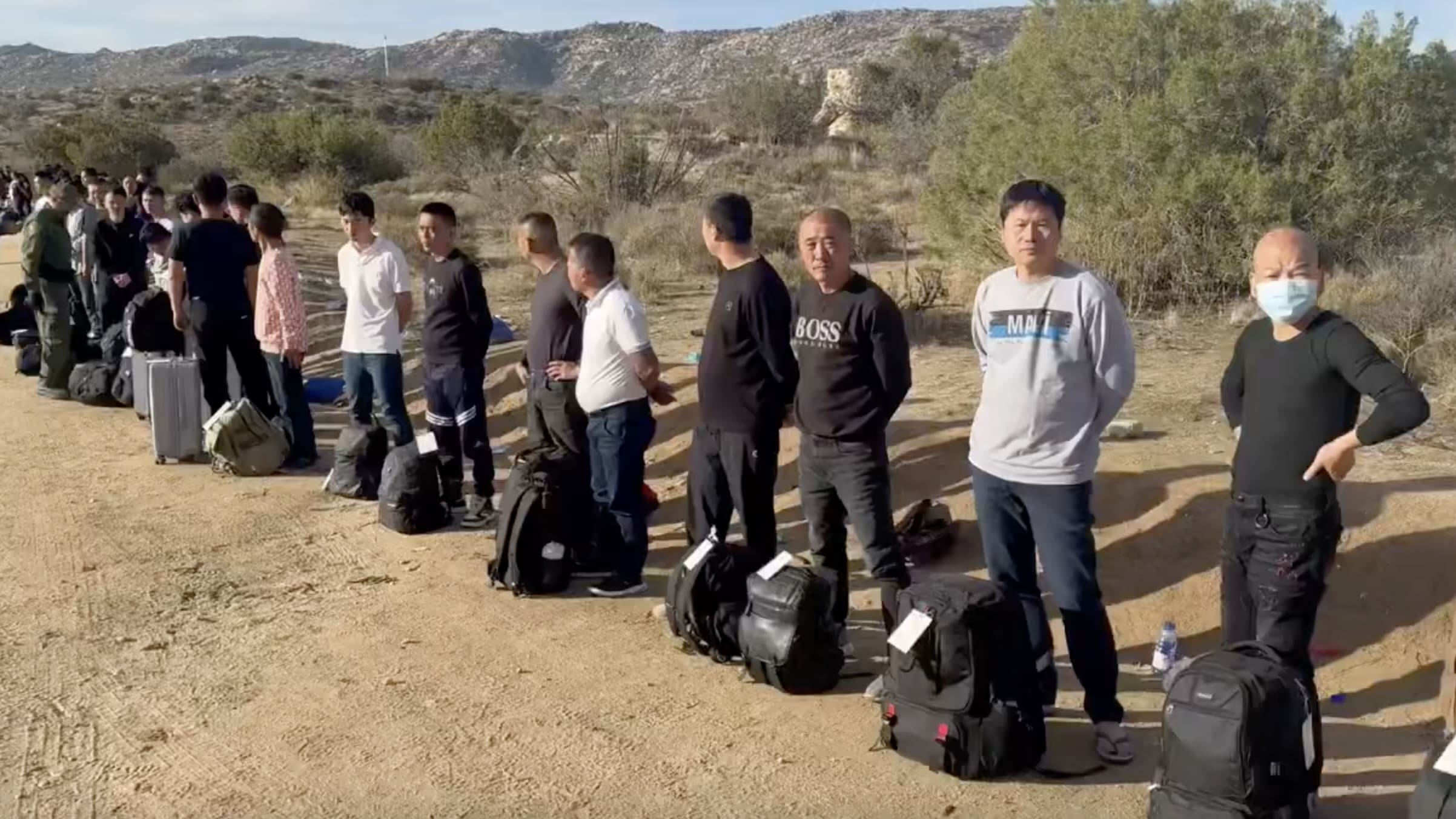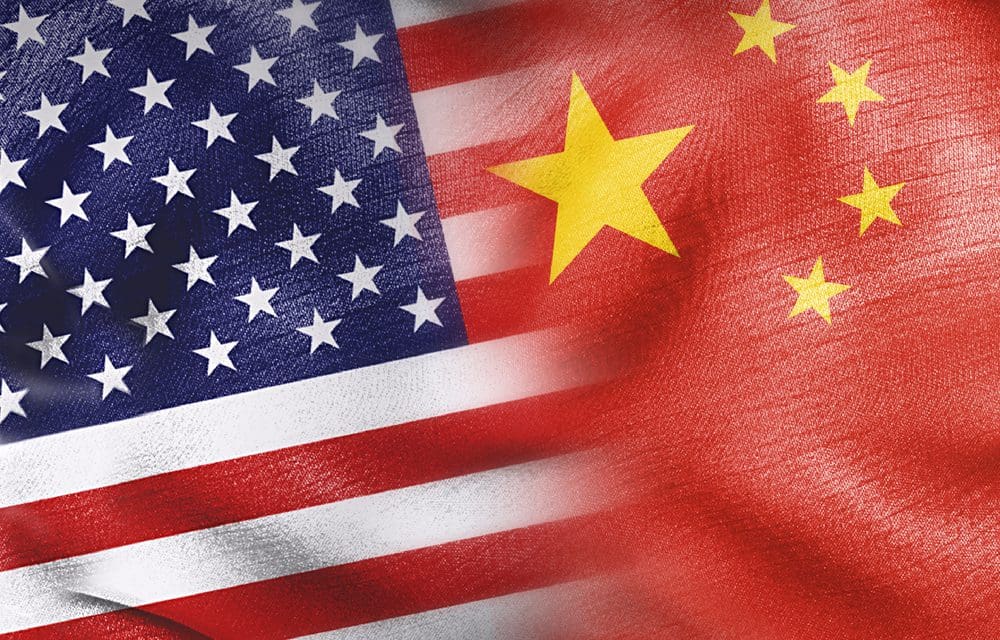In recent years, the leaders of the Chinese Communist Party (CCP) have become increasingly vocal about their intent and desire to infiltrate and manipulate the West to its own benefit. As part of this effort, the CCP has attempted to infiltrate institutions of higher education, as well as secondary schools in the United States and elsewhere
In Texas, they were successful.
In our investigation, Texas Scorecard found CCP infiltration at both the university level (including University of Texas campuses and Texas A&M) and the K-12 level (including the Coppell and Houston Independent School Districts).
While many of these institutions have closed or rebranded in Texas, the results should concern every American, as they reveal what many have suspected for years: the connection— or money trails—between American education and the Chinese government are deeper and longer than appearances would suggest.
The Confucius Institute
Many schools and universities worldwide boast of programs that expose students to other languages and cultures, including cultural activities, foreign language instruction, and educational trips abroad. But since 2004, another kind of institute has been popping up at places of higher education around the world: the Confucius Institute.
Using the name of an ancient Chinese philosopher as a Trojan Horse, Confucius Institutes appear to be an international network of educational programs that provide Chinese language instruction, organize cultural activities, and host Chinese speakers. However, these organizations may have a secondary political purpose that transcends the teaching of basic Chinese language and culture.
The Confucius Institute network is controlled by the CCP’s Ministry of Education’s Office of Chinese Language Council International, commonly referred to as “Hanban.” Hanban describes itself as a non-profit, non-governmental organization affiliated with China’s Ministry of Education. However, Hanban’s governing body is composed of representatives from 12 state ministries, including the Ministry of Education and the Ministry of Foreign Affairs.
Many of these Institutes also serve as host organizations for Confucius Classrooms, which target K-12 schools. As of 2019, more than 100 Confucius Institutes have been established in the United States, along with at least 519 Confucius Classrooms —more than any other country in the world.
Suspicions of these Institutes are often written off as xenophobic and baseless, but the words of CCP-connected oppressors raise serious red flags.
In 2011, Li Changchun, a former member of the Chinese government, described Confucius Institutes as “an appealing brand for expanding [Chinese] culture abroad,” stating that the program “has made an important contribution toward improving our soft power.” Changchun further acknowledges that “the ‘Confucius’ brand has a natural attractiveness. Using the excuse of teaching Chinese language, everything looks reasonable and logical.”
Just a year earlier, the China’s minister of propaganda sounded off about the program, instructing his fellow leaders to “coordinate the efforts of overseas and domestic propaganda, [and] further create a favorable international environment for us… with regard to key issues that influence our sovereignty and safety, we should actively carry out international propaganda battles against issuers such as Tibet, Xinjiang, Taiwan, human rights and Falun Gong. … We should do well in establishing and operating overseas cultural centers and Confucius Institutes.”
President Xi Jinping’s predecessor, Hu Jintao, said that the Institutes were a way “to cultivate and prepare a group (or army) of people to make sure the CCP will be in power in the future… and increase our CCP influence around the world.” These instructions were well-heeded by the Confucius Institute Headquarters. In a 2014 interview with the BBC, the Director General of the Headquarters confirmed that should a student question controversial political issues such as the relationship between Taiwan and China, “Every mainland teacher we send . . . will say Taiwan belongs to China. We should have one China. No hesitation.”
Further concerns about the influence of the Chinese government through these Confucius Institutes can be found in the agreements made between U.S. universities and Hanban.The exact agreements differ from school to school, but some common factors remain.
Hanban will provide funding of up to $150,000 to each university to start their own Confucius Institute. They will also provide teaching resources, including 3,000 books and various other audio-visual materials, along with an annual grant to pay for the Institute’s operating expenses.
Finally, Hanban will send teachers to teach at the host university. These Chinese teachers are selected and vetted by Hanban prior to being granted the teaching position, with little to no input from the host university.
Certain agreements contain further limitations on the free speech rights of the Institute’s employees. Chinese teachers sign agreements that they would not disparage Chinese national interests, contravene U.S. or Chinese law, and in certain cases, they agree to abide by certain political viewpoints, such as the One China Policy. Confucius Classrooms operate in much the same way, except that funding is provided from Hanban via their host Confucius Institute, usually around $10,000.
Under Scrutiny
In recent years, the rise of Confucius Institutes and Classrooms have put U.S. federal and state governments on alert.
In 2019, a Senate Subcommittee conducted an investigation and compiled a report about the activities of Confucius Institutes in the United States.
Their discoveries raised more concerns.
Since 2006, Hanban has invested more than $158 million dollars to start Confucius Institutes in the United States. While universities are required to report foreign gifts in excess of $250,000, the Senate Subcommittee found that nearly 69 percent of schools had not.
For example, between 2012 and 2018, U.S. schools reported $51,526,181 in foreign gifts to the Department of Education, when by law they were required to report an additional $36,089,456. The Department of Education under the Trump administration launched several investigations into universities hosting Confucius Institutes, including the University of Texas and Texas A&M University. These inquiries generally resulted in requests for thorough financial records and contracts from the aforementioned institutions. Ultimately, both investigations were closed in 2020 and 2021, respectively, after the universities responded to the Department’s record requests and corrected their financial reporting.
Infiltrating Texas
In the past decade, the tentacles of the Confucius Institutes and classroom networks have reached into universities, school districts, and elementary schools across the nation, reaching even into Texas.
In 2007, an Institute was founded at Texas A&M University and the University of Texas at Dallas. In 2009, one was established at the University of Texas at San Antonio. In 2012, one was founded at Texas Southern University. In 2013, more popped up in the Houston Independent School District and at Prairie View A&M University.
Several of these Confucius Institutes also host Confucius Classrooms at neighboring high schools or elementary schools. Kolter Elementary, Sharpstown International, Houston International Academy, and the Ysleta Independent School District all have connections to the Confucius network. Other districts, the North East Independent School District and the Coppell Independent School District, have schools connected to the Confucius program.
However, the Confucius Institute program reaches beyond universities and primary schools. It also works through affiliated domestic organizations such as the Asia Society, the International Leadership of Texas Global, and the College Board. In recent years, the relationships between these organizations, Texas universities, and the Chinese government have been more difficult to trace.
Many of the aforementioned universities and school districts have terminated their contracts with Hanban. The Asia Society and the College Board have allegedly done the same.
However, the ending of these agreements does not mark the end of Chinese Communist Party influence in Texas higher education. Many of these relationships, with the accompanying stream of resources and funding, have merely been funneled through other organizations.
In 2020, on the heels of federal inquiries into the relationship between American universities and Hanban, along with political backlash against the Confucius Institute program as a whole, Hanban was reorganized and rebranded by the Chinese government as a nonprofit organization known as “CLEC,” or the Center for Language Education and Cooperation.
The entire Confucius Institute network is now facilitated by this new organization, along with a new entity composed of several Chinese universities known as the Chinese International Education Foundation (“CIEF”). Despite these superficial changes, the leadership structure of the “new Hanban” is practically unchanged.
Ma Jianfei, who is the director general and secretary of the Party Committee at CLEC, was also the Deputy Chief Executive of Hanban. The CLEC still operates many international programs such as the Chinese Bridge program, while delegating the role of Confucius Institute oversight to the CIEF. Confucius Institutes around the world are doing business with the CLEC and the CIEF as if nothing has changed—because in essence, nothing has.
Public Defense
Many elected officials have spoken out about the risks of Confucius Institutes. In 2021, Florida Gov. Ron DeSantis signed several pieces of legislation requiring colleges and universities to disclose any foreign grants greater than $50,000, a move which “effectively bans ‘Confucius Institutes’ from operating in Florida.” U.S. Sen. Marco Rubio (R–FL) sent letters to Florida universities hosting Confucius Institutes warning of the dangers of Chinese influence. Texas congressmen Michael McCaul and Henry Cuellar did the same to Texas’ educational institutions.
Texas Scorecard asked McCaul about the current state of Confucius Institutes in Texas and, and what further work remains on this.
“I’ve been glad to see Texas universities heed my warning and shut down Confucius Institutes. I’m extremely proud that schools like Texas A&M have become cutting-edge leaders in tackling threats to our unrivaled academic system,” he replied. “But there’s still a lot of work to do to root out the CCP’s malign influence, including the CCP’s transnational repression that infringes on students’ Constitutional rights, and its genocide and human rights atrocities that compromise university endowments. I hope to keep working with our state’s universities on these challenges.”
A phone interview with Congressman Cuellar’s office, echoed the same sentiment:
What [Confucius Institutes] do is they go in and want to teach language and culture and good relationships between the U.S. and China, but what we see… is that they are there to extract information through higher ed… Higher ed is there to educate our students and our communities… but at the same time they need to be guarded against actors like the Chinese who might be there to extract information that they aren’t supposed to be extracting… Higher ed is always looking for new sources of funding… and it gets very tempting when the Chinese institutes say ‘we’ll pay for this’ and they provide [funding] in a very benign type of presentation. This is why we need to be alert and higher ed needs to be on alert.
The cloud of suspicion surrounding Confucius Institutes has grown in other countries as well. Last year, it was widely reported several Confucius Classrooms publicly operated by the Australian New South Wales Department of Education were shut down amid growing concerns about Beijing’s influence in Western countries.
Additionally, the Australian government encouraged universities hosting Confucius Institutes to register their programs with the Foreign Interference Transparency Scheme, but they declined to do so. In the United Kingdom, there are about 30 Confucius Institutes and 150 Confucius Classrooms. However, a growing group of members of Parliament from both parties have raised concerns about these Institutes and demanded increased transparency in the reporting of foreign funds.
In Japan, the education ministry has likewise made mentions of a foreign gift reporting system to keep track of Chinese influence in the fourteen universities which host Confucius Institutes. Their public servants raised a good question: “Is it healthy that the only cultural centers systematically and strategically installed in Japanese universities are those of a country under Communist Party rule?”
India has also taken steps to require universities with Confucius Institutes to register for clearance under the Foreign Contribution Regulation Act.
Notably, the Canadian government at large has not taken any action or made any statements regarding the network of Confucius Institutes in Canada. This comes as no surprise, given Prime Minister Justin Trudeau’s previous comments about China, where he expressed “a level of admiration… for China,” saying that “their basic dictatorship is actually allowing them to turn their economy around on a dime.” However, several provincial authorities, such as the New Brunswick provincial government and the Toronto school board, have canceled their Confucius Institute contracts over free speech concerns.
CCP Infiltration Remains
For many Texas schools and universities, the phase of signing black-and-white agreements to establish Confucius Institutes in universities has ended. But connections between Texas universities, high schools, and Chinese institutions with ties to the Chinese Communist Party still exist. Like the Hanban itself, many of these relationships have been rebranded and reorganized, but their underlying political purpose, from the viewpoint of the Chinese Communist Party, is unchanged.
Next in this four-part report on China’s influence on education in Texas, we will look closer at the universities that have invited the Confucius Institute on campus, as well as the details of those deals.
No ads. No paywalls. No government grants. No corporate masters.
Just real news for real Texans.
Support Texas Scorecard to keep it that way!





